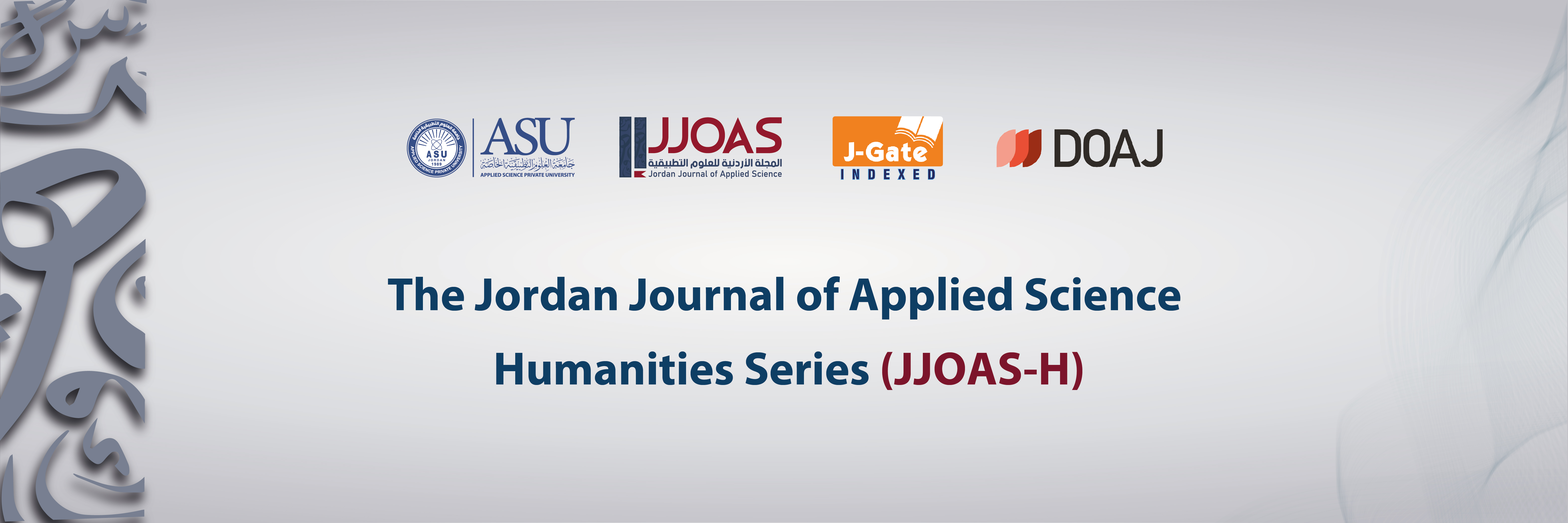
DOI
https://doi.org/10.35192/jjoas-h.v36i1.516
Abstract
The present study explores the semantic disparity between the use of the verb Amr (command) and Nahy (negative command), based on the contexts of each in the Noble Quran. Among the key results of the study is that Amr primarily serves to obligate the prompt execution of an action or its continuous maintenance, which may or may not have commenced prior to the command. Furthermore, Amr often denotes a desirable or commendable action. In contrast, Nahy, which consists of a present verb with Lā, typically necessitates halting a despicable action that is common or committed by some individuals. It is found that the two structures cannot be interchanged in the same contexts in the Noble Quran due to their differing purposes.
Recommended Citation
Meqdad, Saad; al-Bayyari, Murad; and Al-Taher, Mohammad
(2023)
"Semantic Disparity between Amr (Command) and Nahy (Negative Command) in the Noble Quran: An Interpretive/Contextual Study,"
Jordan Journal of Applied Science-Humanities Series: Vol. 36:
Iss.
1, Article 1.
DOI: https://doi.org/10.35192/jjoas-h.v36i1.516
Available at:
https://digitalcommons.aaru.edu.jo/jjoas-h/vol36/iss1/1
Included in
© 2023 by the author(s). This is an open-access article distributed under the terms of the CC BY 4.0 Attribution license.

